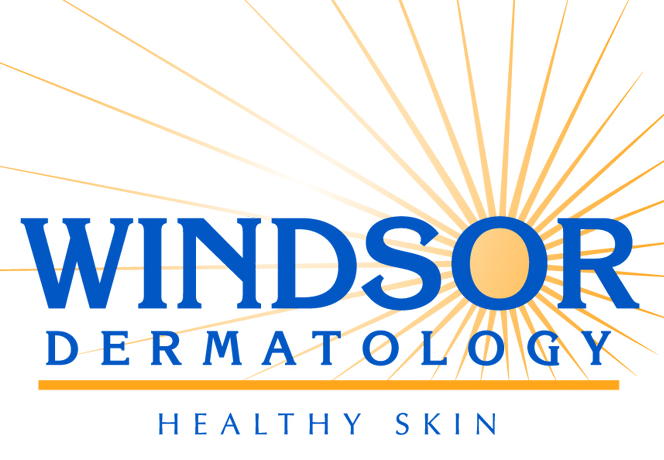By Brian Keegan, M.D., Ph.D.
Acne is the most common skincare problem seen by doctors—nearly everyone will deal with acne in their lifetime. Because of acne’s unsightly appearance, patients will turn to a number of seemingly fast and easy solutions. But let’s take a closer look at the real causes of acne and the right way to treat it.
Myth #1: “Acne is caused by eating chocolate.”
Truth: Acne is caused by sticky cells that don't exfoliate properly. This leads to clogged pores which are seen as comedones (skin colored bumps) and blackheads. When these pores are colonized with the bacteria P. acnes painful white heads and cysts will develop, which can lead to scarring. There are a few studies that suggest eating chocolate can enhance this process, however no solid evidence has led the medical community to make a decisive conclusion. It does, however, make logical sense that a healthy diet will contribute to healthy skin.
Myth #2: “Only teenagers get acne.”
Truth: Hormones tend to accentuate the process by which acne appears, making its occurrence worse during teenage years. But, it is not exclusive to patients under 20. Many adults continue to experience acne, particularly women.
Myth #3: “All you need is a good over-the-counter treatment to cure acne.”
Truth: We are all looking for quick, easy and effective treatments so we turn to over-the-counter products. These contain two active ingredients, salicylic acid to unclog pores and benzoyl peroxide to kill bacteria. But everyone’s skin is different. The best course of action is to schedule a consultation with a Windsor Dermatology physician to determine the treatment plan that’s right for your skin.
Myth #4: “Acne medications are too harsh and have too many adverse side effects.”
Truth: Historically,
acne medications were very harsh to the skin or caused significant stomach irritation,
however, significant improvements have been made with more recent medications. If
your skin is irritated at first, you should see improvements after the first
couple of weeks. Typical side effects associated with short-term and long-term
use of medications are redness, scaling, dryness, stinging and burning where
applied. A non-comedogenic moisturizer can help if your skin becomes dry.
Unless major discomfort occurs, it’s best to keep using your medications to
make sure you’re on the right path. Don’t hesitate to talk to your doctor if
you have major discomfort or if you have any questions or issues.
Over-the-counter washes: Salicylic acid 2% (Neutrogena Oil-Free Acne Wash), benzoyl peroxide (Clean and Clear Continuous Control, Proactiv)
·
Over-the-counter
moisturizers: Cetaphil, CeraVe
·
Topical
antibiotics: Aczone, Duac, Acanya, Plexion, Rosula
·
Topical
retinoids: Ziana, Differin, Epiduo, Veltin, Tretin X, Tazorac, Atralin, Retin-A
Micro
·
Oral
Antibiotic: Solodyn, Doryx, Minocin, Oracea
·
Oral
Retinoids: Accutane, isotretinoin (Amnesteem, Sotret, Claravis)
·
Oral
Contraceptives: Orthotricyclin, Estrostep, Yaz
Myth
#5: “If I just wash my face a lot and use a lot of medication, it will speed up
the healing process.”
Truth:
Use a mild, soap-free, fragrance-free cleanser and wash gently,
morning and night. There’s no need to wash more than twice a day, and you don’t
want to scrub hard. Also avoid alcohol-based cleansers, which can actually
cause irritation and aggravate acne.
Using more won’t speed things up (sorry!), and it’s not a good
idea to spot-treat. Stick with the right amount and stay consistent. It’s best
to use your medications at the same time every day to help you stay in the
routine and it’s important to not skip days. You should always follow your
doctor’s instructions, but typically pumping a pea-sized amount onto your hand
and spreading it evenly across your face works perfectly.
Myth
#6: “If I pop the acne pimple, it will go away quicker.”
We know it’s tempting, but when you squeeze or pick at pimples,
you can actually push the infection deeper into your skin and make matters
worse. It can even cause scarring. Not good! Your best bet is to leave your
pimples alone the best you can.
Let us help you figure out the best course of action to treat your
acne. Schedule a consultation with a Windsor
Dermatology physician today by calling 609-443-4500.




